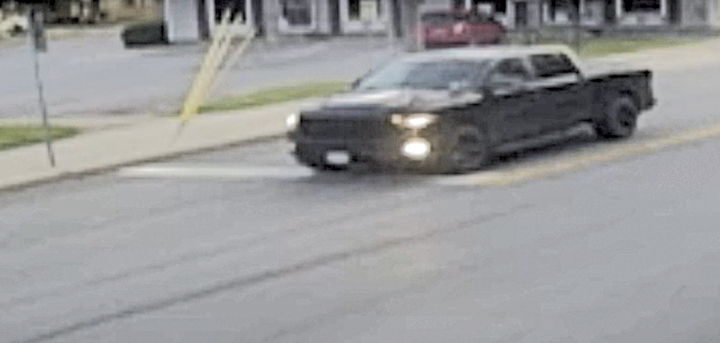Regional conference arms local officials with tools to regulate gas drilling operations
NORWICH – About 100 municipal officials hailing from central New York learned the nuts and bolts at a recent conference about what towns can do to regulate the impact of natural gas exploration and drilling.
The gathering was held Saturday at the State University of New York at Morrisville. It was sponsored by Chenango and Madison counties, the Association of Towns of New York State, the New York State Association of Counties and SUNY Morrisville.
The event brought out New York State Assemblyman William McGee, D-Nelson, who has been working closely with Madison County officials since 2003 as they struggle to keep up with exploration, permitting, drilling and pipeline development. McGee and Senator James Seward, R-Milford, co-sponsored legislation in 2007 that would have enabled counties to impose a production tax on natural gas.
McGee said he realized that local municipalities don’t have the resources to take care of the consequences.
“There’s a strong feeling that we need to do something at the state level. We can’t stop this from happening and probably shouldn’t, but we are working with the DEC (New York State Department of Environmental Conservation) to help the counties and towns,” he said.
Environmental and municipal attorney Kimberly Rea of Bronxville, one of a handful of experts who spoke at the conference, said there will be “profound impacts and unintended consequences” of natural gas drilling, and having a tax on gas returned to the localities where it is produced would not drive out industry.






Comments